Reports Tie Trump Hotel in Panama to Drug Money Laundering
It is unclear if the president knew about the activities in the skyscraper, but Newsweek reports he has made "tens of millions" from the deals.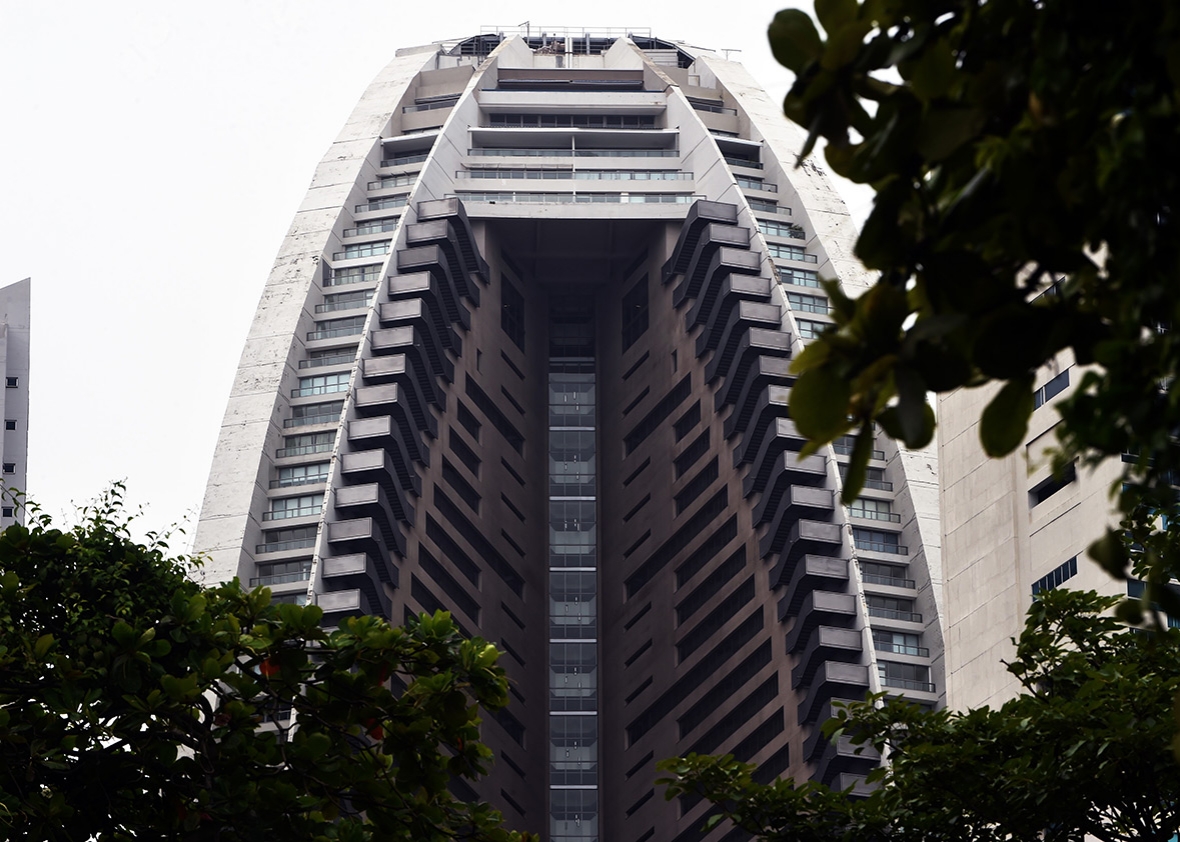 The Trump Ocean Club International Hotel and Tower in Panama City. (Rodrigo Arangua / Getty Images)
The Trump Ocean Club International Hotel and Tower in Panama City. (Rodrigo Arangua / Getty Images)
A joint Reuters–NBC News investigation published Friday alongside a report by the nonprofit anti-corruption organization Global Witness said a skyscraper bearing the Trump name in Panama City—the president’s first international hotel venture—has been used by Colombian drug cartels and other groups in money-laundering schemes.
The Guardian writes:
The reports detailed how the future president gave the project to his daughter Ivanka as a “baby” effort to gain real estate experience, and said it ended up drawing a cast of characters accused of fraud, corruption and kidnapping.
Trump may not have intended to facilitate criminal activity but the Panama tower “aligned” his financial interests with crooks, said Global Witness. “Trump seems to have done little to nothing to prevent this. What is clear is that proceeds from Colombian cartels’ narcotics trafficking were laundered through the Trump Ocean Club and that Donald Trump was one of the beneficiaries.”
The Guardian states that there is no evidence that the Trump family was aware of the criminal backgrounds of many of the buyers and investors. Newsweek reports, however, that Trump earned “tens of millions of dollars” from the deals:
“This is inherently a political problem,” Alex Howard, deputy director of the Sunlight Foundation, told Newsweek. “The government can investigate a company, even the president’s company. The problem here is that it’s about the president, and Congress is not holding him accountable for what he has done in this context. They aren’t holding hearings about the Trump Organization, and the president himself is not being transparent.”
Reuters continues:
Still, some legal experts say the episode raises questions about the steps Trump took to check the source of any income from there. Arthur Middlemiss, a former assistant district attorney in Manhattan and a former head of JPMorgan’s global anti-corruption program, said that since Panama was “perceived to be highly corrupt,” anyone engaged in business there should conduct due diligence on others involved in their ventures. If they did not, he said, there was a potential risk in U.S. law of being liable for turning a blind eye to wrongdoing.
Jimmy Gurule, a professor of law at the University of Notre Dame, Indiana, and a former under-secretary for enforcement at the U.S. Treasury Department, agreed. He also said any businessman should avoid working with “anyone with a potential link to criminality” simply as a matter of good ethics.
Alexandre Ventura Nogueira, the lead broker chosen by Ivanka Trump to sell units in the building, was arrested on charges of real estate fraud a year into the project, fled while on bail, and has a warrant out for his arrest in Panama. He spoke to reporters from an undisclosed city in Europe, wearing a disguise. He confirmed that the buyers of units in the building included members of the Russian mafia; David Murcia Guzmán, who was convicted in the U.S. of laundering money for drug cartels, some through real estate; Arkady Vodovozov, who was reportedly found guilty of kidnapping in Israel, and others.
“I had some customers with questionable backgrounds,” Nogueira said. “Nobody ever asked me. Banks never asked. Developer didn’t ask and (the) Trump Organization didn’t ask. Nobody ask: ‘Who are the customers, where did the money come from?’ No, nobody ask.”
Slate writes:
In a conversation secretly recorded by one of Nogueira’s former business partners in 2013 that was obtained by Reuters, the Brazilian real estate broker admitted he was in the business of laundering money. “More important than the money from real estate was being able to launder the drug money—there were much larger amounts involved,” Nogueira said. “When I was in Panama I was regularly laundering money for more than a dozen companies.” Murcia bought his units at the Trump property with money smuggled into Panama by Colombian drug mules, according to the report from Global Witness, though in interviews with Reuters and NBC, Nogueira denies that he bought any of the units at Trump Ocean Club with illicit cash.
Whatever the losses investors might suffer, under Trump’s licensing deal, detailed originally in the bond prospectus, the future U.S. president was guaranteed to receive payment. Court records from Newland’s [International Properties Corp.] bankruptcy in 2013 indicate Trump agreed to reduce his fee, but that he still earned between $30 million and $50 million from lending his name to the project.
As we navigate an uncertain 2025, with a new administration questioning press freedoms, the risks are clear: our ability to report freely is under threat.
Your tax-deductible donation enables us to dig deeper, delivering fearless investigative reporting and analysis that exposes the reality beneath the headlines — without compromise.
Now is the time to take action. Stand with our courageous journalists. Donate today to protect a free press, uphold democracy and uncover the stories that need to be told.
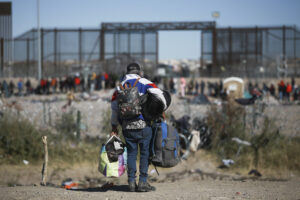
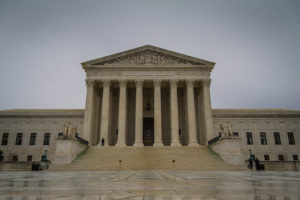
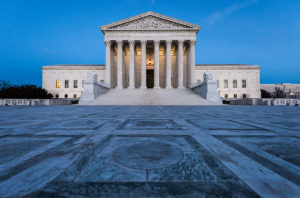
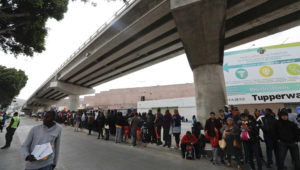
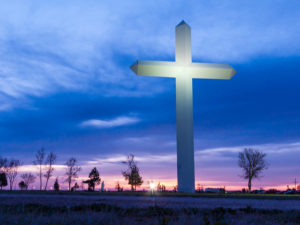
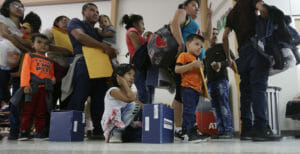
You need to be a supporter to comment.
There are currently no responses to this article.
Be the first to respond.